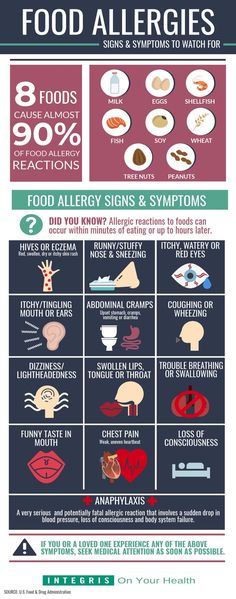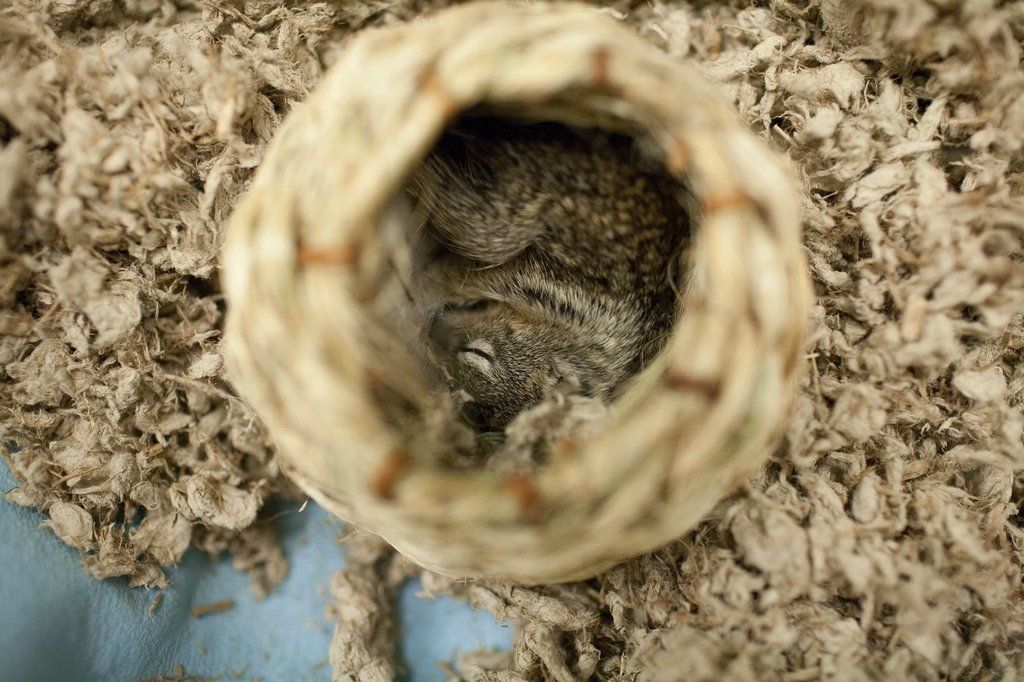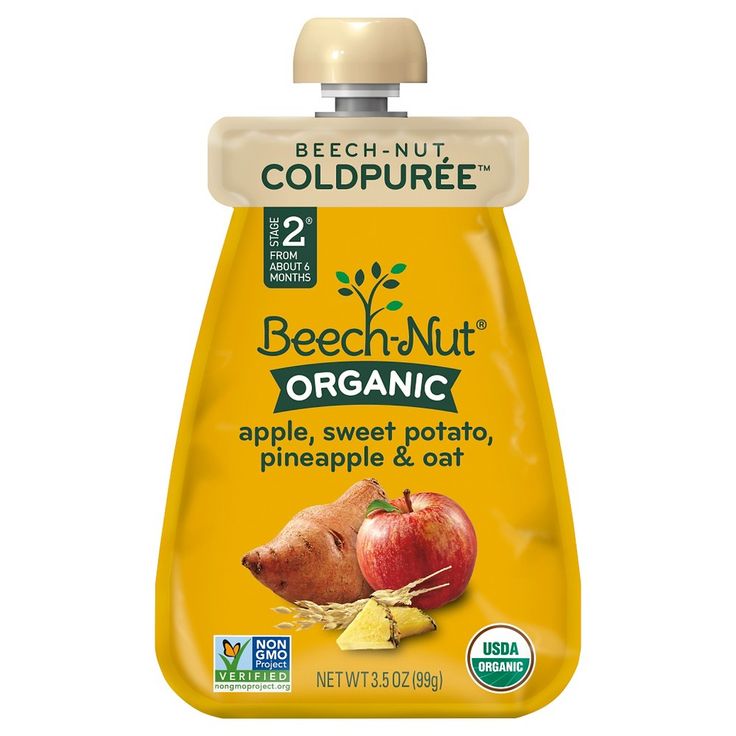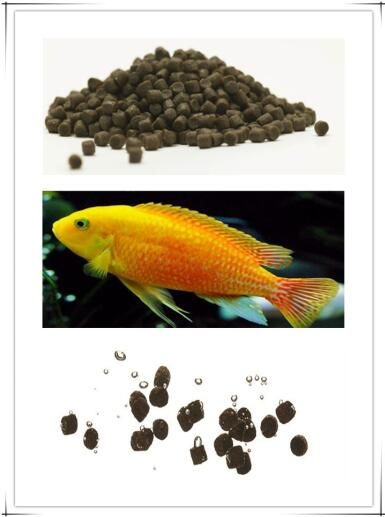Which foods cause gas in babies
What You Can Do To Help Your Gassy Breastfed Baby
What are some common culprits behind your baby's gassiness? Learn the signs, foods that may cause gassiness in your baby, and how to soothe and relieve his or her symptoms.
Share this content
As a new parent, it can be stressful and upsetting to see and hear your baby cry. That’s especially true if you've checked off all the usual suspects— dirty diaper, empty belly, discomfort, or over-tiredness —and you still can’t seem to soothe your little one.
Gas is something that many newborns experience, and it can be painful for them! It isn't always the first thing that parents remember to consider, since it's not something easily visible.
Signs Your Breastfed Baby is Gassy
If you suspect excess gas could be the culprit causing your baby’s fussiness, there are several signs that may indicate you are correct:
- Burping. It’s possible your baby has swallowed too much air while nursing or crying for a long period.
- Spitting up. While spitting up is perfectly normal, gas that’s trapped in the stomach can push breast milk back up and cause your baby to spit up.
- Bloated tummy. This could be a sign that gas has built up in your baby’s stomach.
- Flatulence. Every baby toots, but if they’re doing so excessively, it could mean they have excess gas.
- Arched back, legs drawn toward the tummy. The discomfort from gas pains will make a baby try to adjust to alleviate it.
Gassy Baby Causes
Gas in a breastfed baby is not uncommon and can be attributed to several factors:
- Gulping while feeding. If your milk let-down reflex is strong, your baby may gulp your milk to keep up and swallow extra air in the process. If that’s the case, your little one may do better nursing in a more upright position, so he or she has better control over milk intake and flow.
- Introducing a bottle.
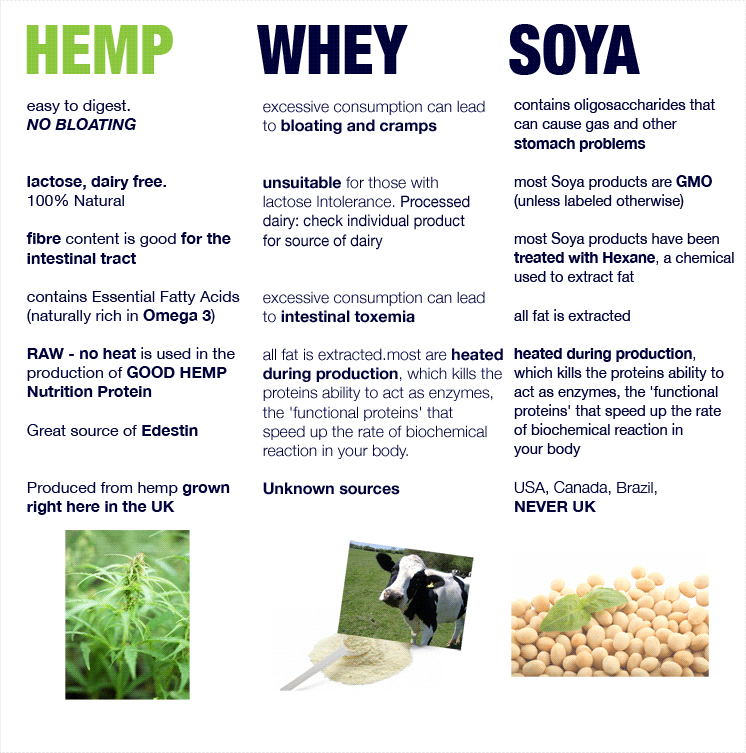 If your baby is used to the breast and you begin feeding with a bottle, it may take some getting used to at first. As a result, he or she may swallow too much air while eating.
If your baby is used to the breast and you begin feeding with a bottle, it may take some getting used to at first. As a result, he or she may swallow too much air while eating. - Constipation. When your baby is constipated, they may have gas trapped in their tummies that they’re having a hard time releasing.
- Crying. If your baby has been crying for a long time, they may be gulping in air in the process.
- Mom’s diet. Food that you’ve eaten can make your baby gassy as well. Certain foods such as dairy, soy or wheat may contribute to gassiness in your little one. Keep a food journal of what you eat to see if you can pinpoint the culprit in your diet.
Foods That Make Breastfed Babies Gassy
Though a baby’s gas is not commonly linked to mom’s diet, there are certain gas-inducing foods that could give both a breastfeeding mom and her baby gas. These include:
- Fiber. Foods like bran, beans, and whole grains.

- Fruit. Citrus fruits, prunes, plums, peaches, or apricots.
- Vegetables. Broccoli, cabbage, and Brussel sprouts.
- Garlic. Garlic-seasoned foods like pasta dishes or garlic bread.
- Dairy. Yogurt, ice cream, or milk products.
- Carbonated beverages. If they make you burp, they could make your baby gassy too.
It’s not necessary to give up all your favorite foods when pregnant and/or breastfeeding. Health experts recommend only making dietary changes if you see a direct connection between something you’ve eaten and your baby's gassiness.
Additionally, if you’re still breastfeeding after your little one begins solids or finger foods, it’s easier to detect what food might be the culprit and then eliminate it.
Relieving Gassy Babies
There are several effective ways to help relieve your baby’s gas pains and soothe them. Try a combination of these to find what works best for your little one.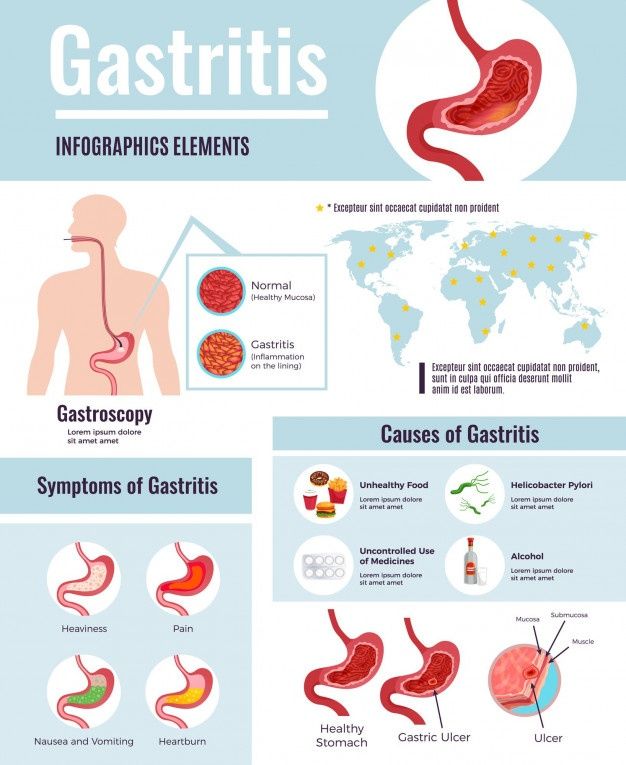
- Burp twice. Try to coax two burps out of your baby instead of just one.
- Sit upright. Hold your baby in an upright position while burping. This makes it easier to expel gas.
- Tummy time. Laying your baby on their tummy will help to push gas out.
- Bicycle exercises. Put your baby on his or her back and move their legs in a pedaling motion, similar to cycling on a bike. This helps with constipation as well.
- Massage the tummy. A gentle massage can help move gas out.
- Adjust baby’s latch. Make sure your baby is latching correctly to avoid swallowing too much air.
Don't worry, mama - Gas is typically a normal occurrence and most babies experience gassiness from time to time! With some minor adjustments, you can soothe your little one and help them get through the discomfort of gas.
How to Help Baby or Toddler With Gas – Foods to Avoid
Dr. Deena Blanchard
Deena Blanchard
All people pass gas! In fact, it is normal to pass gas anywhere from six to twenty times a day. Additional gassiness is typically not related to a serious health problem and will often resolve without any intervention. When gas becomes painful or bothersome for your little one, it is important to get in touch with your pediatrician.
Gas when Starting Solids
As your little one gets older and you start to introduce solid foods, you may find that certain foods increase gassiness. It is important to differentiate between gas that is painful and gas that is not. If your little one is passing gas frequently but seems happy and playful and without abdominal pain then there is no reason to intervene or make changes.
Foods that break down more slowly, such as beans, cruciferous vegetables (broccoli, cauliflower, kale, etc..), and other high fiber containing foods can cause additional gas. These foods are rich in nutrients and fiber and an important part of your little one’s diet.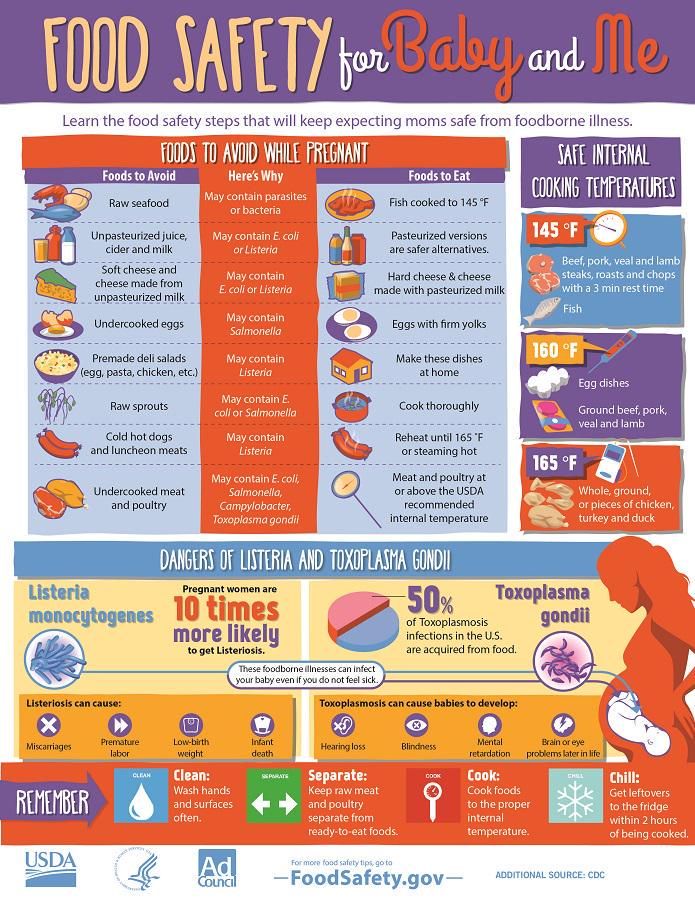 It may take some time for your little one’s digestive system to adjust to these foods and that is okay. If your baby is in pain, vomiting, irritable or has blood in the stool you should always call your pediatrician.
It may take some time for your little one’s digestive system to adjust to these foods and that is okay. If your baby is in pain, vomiting, irritable or has blood in the stool you should always call your pediatrician.
Making sure your little one is well hydrated as you introduce solid foods and particularly high fiber foods, can minimize gassiness and prevent constipation.
Gas in the Older Infant and Toddler Diet
Common culprits for increasing gas in older children are:
- Fried and fatty foods.
- Beans.
- Vegetables such as artichokes, asparagus, broccoli, brussels sprouts, cabbage, cauliflower, cucumbers, green peppers, onions, peas, radishes, and raw potatoes.
- Fruits such as apricots, bananas, melons, peaches, pears, prunes, and raw apples.
- Wheat and wheat bran.
Keeping a food and symptom log can help determine if specific foods are increasing your child’s symptoms. Symptoms of gas can include, passing gas, bloating, mild abdominal discomfort, and belching. If you are finding certain foods are causing your child to have these symptoms or feel uncomfortable, it is best to discuss this with their pediatrician.
If you are finding certain foods are causing your child to have these symptoms or feel uncomfortable, it is best to discuss this with their pediatrician.
Drinking lots of water and getting regular exercise and movement can help decrease symptoms of gas and bloating. Avoiding carbonated beverages and drinks containing sorbitol or xylitol is another helpful way to prevent gas build up. As always, if you have any concerns and before making dietary changes it is best to talk to your pediatrician.
Sources
American Gastroenterological Association http://www.gastro.org/wmspage.cfm?parm1=689
The American College of Gastroenterology http://www.acg.gi.org/patients/gihealth/belching.asp
American Academy of Pediatrics: “Abdominal Pain.”
American Academy of Family Physicians: “Feeding Problems in Infants and Children.”
Published: February 10, 2020
Last modified: February 10, 2020
| Product (100 gr) | Inulin content (g) |
|---|---|
| Chicory root | 35.7–47.6 |
| Garlic (dried) | 20.3–36.1 |
| Jerusalem artichoke | 16.0–20.0 |
| Garlic (raw) | 9.0–16.0 |
| Asparagus | 2.0–3.0 |
| Bow | 1.1-7.5 |
| Bananas | 0.3–0.7 |
Remember to take fiber with plenty of water to avoid constipation.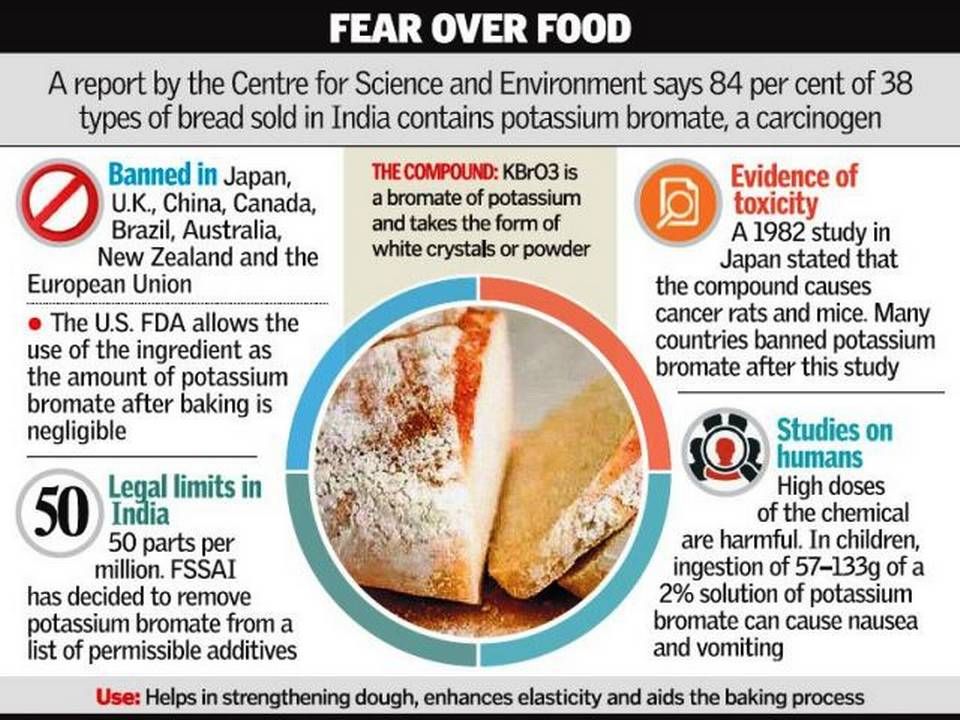 Substitute sugar
Substitute sugar What products are found in Sorbitol chewing gums, some sweets, desserts, ice cream, diabetic products Lactitol baked goods, chocolate, confectionery, desserts, chewing gum Mannitol confections, jams and jellies, puddings and powdered drink mixes, chewing gum Xylitol chewable multivitamins, lozenges, sugar-free gum and certain pharmaceutical preparations (cough syrups)
Polyols are sugar alcohols that are not absorbed by the human body. Instead, they are fermented by bacteria in the large intestine, releasing gases in the process.
If you get bloated or gas from time to time, it's nothing to worry about and it's most likely related to what you've eaten.
However, you should consult a doctor if you experience the following symptoms:
- frequent release of gases with a pungent odor;
- persistent bloating and pain in the abdomen;
- recurring episodes of diarrhea or constipation;
- fecal incontinence;
- blood in stool;
- high fever, nausea, chills, muscle and joint pain.
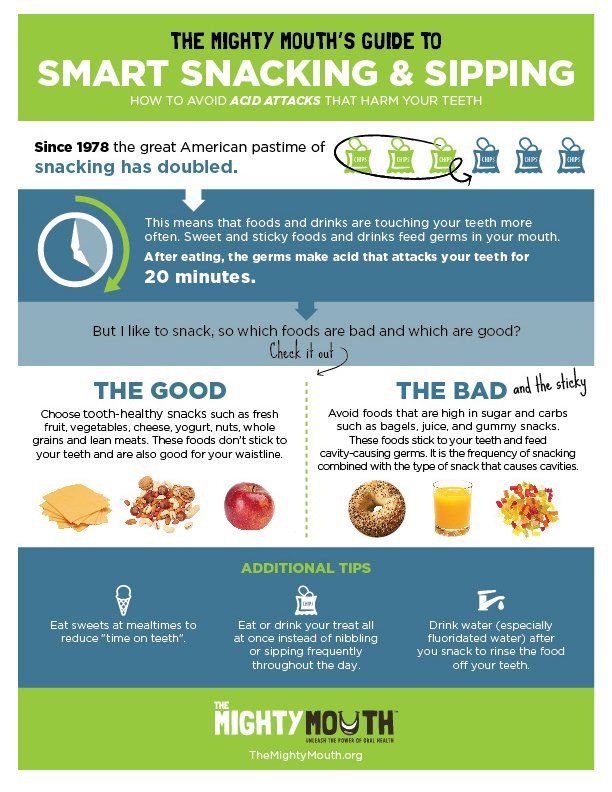
The low potential for fiber breakdown may be one of the causes of increased bloating and gas when eating fiber-rich foods.
The Atlas Microbiota Test helps to assess the level of bacterial diversity in the gut and the ability of microorganisms to break down dietary fiber.
Our articles are written with love for evidence-based medicine, but are for informational purposes only. Each case is individual, so you should not replace the article with a face-to-face consultation with a doctor, as well as prescribed diagnostic procedures or treatment.
- David R. Linden, Hydrogen Sulfide Signaling in the Gastrointestinal Tract, 2014
- Umberto Volta et al., Non-celiac gluten sensitivity: questions still to be answered despite increasing awareness, 2013
- NHS, Flatulence
- Nielson T Baxter et al., Dynamics of Human Gut Microbiota and Short-Chain Fatty Acids in Response to Dietary Interventions with Three Fermentable Fibers, 2019
- Charles Coudray et al.
 , Dietary inulin intake and age can significantly affect intestinal absorption of calcium and magnesium in rats: a stable isotope approach, 2005
, Dietary inulin intake and age can significantly affect intestinal absorption of calcium and magnesium in rats: a stable isotope approach, 2005 - Véronique Coxam, Current Data with Inulin-Type Fructans and Calcium, Targeting Bone Health in Adults, 2007
- Masahiko Ishida et al., Glucosinolate metabolism, functionality and breeding for the improvement of Brassicaceae vegetables, 2014
- M.H. Traka, Advances in Botanical Research, Glucosinolates, 2016
- Celiac Disease Foundation, Non-Celiac Gluten/Wheat Sensitivity
- Harvard Medical School, Relief from intestinal gas, 2013
- Dr Jaci Barrett & Lyndal McNamara, FODMAP blog, Polyols, 2016
- Harvard Medical School, Relief from intestinal gas, 2013
- Nielson T. Baxter et al., Dynamics of Human Gut Microbiota and Short-Chain Fatty Acids in Response to Dietary Interventions with Three Fermentable Fibers, 2019
- Science direct, Chicory roots
- The Washington Post, Christy Brissette, Inulin is being added to a lot of food products.
 And that could be bothering your stomach, 2019
And that could be bothering your stomach, 2019 - D Meyer & M Stasse-Wolthuis, The bifidogenic effect of inulin and oligofructose and its consequences for gut health, 2009
- Justin L Carlson et al., Health Effects and Sources of Prebiotic Dietary Fiber, 2018
- K G Jackson et al., The effect of the daily intake of inulin on fasting lipid, insulin and glucose concentrations in middle-aged men and women, 1999
- Younis A. Salmean, Acute fiber supplementation with inulin-type fructans curbs appetite sensations: a randomized, double-blind, placebo-controlled study, 2017
- Alanna J. Moshfegh et al., Presence of Inulin and Oligofructose in the Diets of Americans, 1999
- NHS Inform, Flatulence Causes and Treatment
- ScienceDirect Sorbitol
- Sergio I. Martinez-Monteagudo, Maryam Enteshari, Lactitol: Production, Properties, and Applications, 2018
- Mannitol: A Sweetener? A Supplement? A Cure?, 2018
- Kris Sollid, What is xylitol, 2019
Products that cause gas | Roskachestvo
Bloating is a common phenomenon that is provoked by digestive problems, overeating, hormones, the accumulation of large amounts of water in the body and other reasons.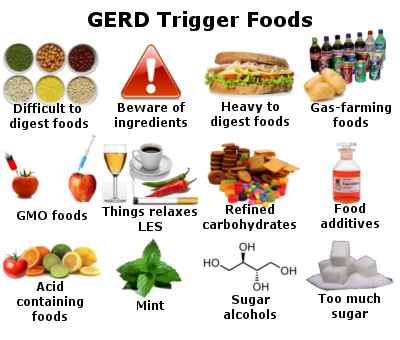 But most often the products that cause gas formation are to blame.
But most often the products that cause gas formation are to blame.
A healthy person passes gases 12 to 25 times a day.
Between 10 and 25% of generally healthy people complain of bloating from time to time. About 10% say that gas formation occurs regularly. Among those diagnosed with irritable bowel syndrome (IBS), the rate can be as high as 90%. Up to 75% of women suffer from bloating before and during menstruation.
Causes of gas formation
1. Accumulation of gas in the intestines
Gas is a natural by-product of digestion. It is made up of oxygen, nitrogen, carbon dioxide, hydrogen and methane.
Lead to gas formation:
- bacterial fermentation. The large intestine is filled with bacteria, yeasts and fungi that break down foods not digested by the small intestine, mainly various forms of carbohydrates. This fermentation leads to gas formation. Some people have difficulty digesting certain sugars such as lactose, fructose, raffinose (found in beans).
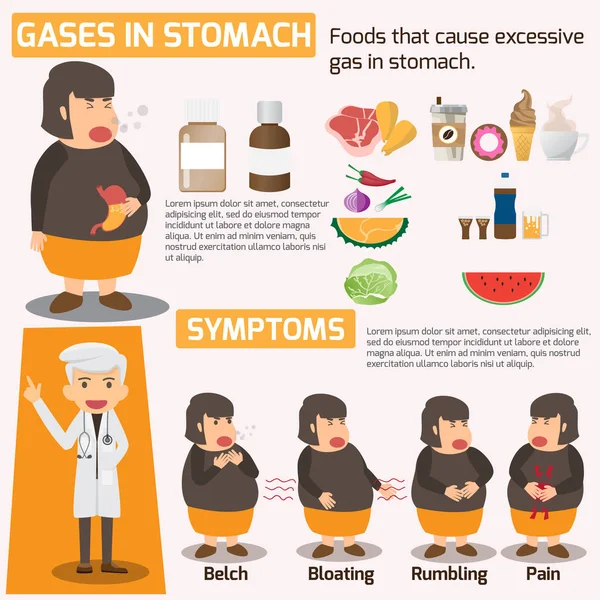
Alla Gubina
gastroenterologist, endoscopist, candidate of medical sciences, doctor of the highest qualification category, Institute of Health
– An overgrowth of bacteria in the small intestine occurs when intestinal bacteria from the large intestine enter the small intestine. Their increased amount can suppress bacteria that absorb gases, balancing the microflora (bifidobacteria, beneficial strains of E. coli, lactobacilli).
- Functional digestive disorders. Irritable bowel syndrome (IBS) and functional dyspepsia are diagnosed when the body interferes with normal digestion, often accompanied by gas after eating. If you experience other worrisome symptoms such as diarrhea or constipation, nausea, vomiting, fever, bleeding, anemia, and weight loss, you should immediately contact a gastroenterologist.
- Visceral hypersensitivity. Some people feel bloated even when their gas volume is normal. This condition is often associated with IBS and other disorders that affect the nerve pathways that run from the gut to the brain.
 Sometimes even muscle hyperreaction develops - the release of more space in the abdominal cavity for gases (abdominophrenic dyssynergia). The abdominal muscles relax and protrude.
Sometimes even muscle hyperreaction develops - the release of more space in the abdominal cavity for gases (abdominophrenic dyssynergia). The abdominal muscles relax and protrude.
2. Accumulation of food
Food accumulated in the digestive tract leaves less room for gases to pass through, as well as for the abdominal organs and the fluid and fat circulating in it. Because of this, the stomach seems dense.
Causes of accumulation of food in the digestive tract:
- Constipation. Sometimes they happen due to malnutrition, but there can also be chronic ones associated with any diseases. The accumulation of faeces in the colon causes digested food to stay longer in the intestines, waiting to be expelled. The stomach needs extra volume, which leads to bloating.
- Motility disorder. May cause constipation or cause the products of digestion to move more slowly through the digestive tract. This is usually due to problems with the muscles and nerves responsible for the passage of food - intestinal pseudo-patency, gastroparesis, partial paralysis of the muscles of the stomach and pelvic floor dysfunction.
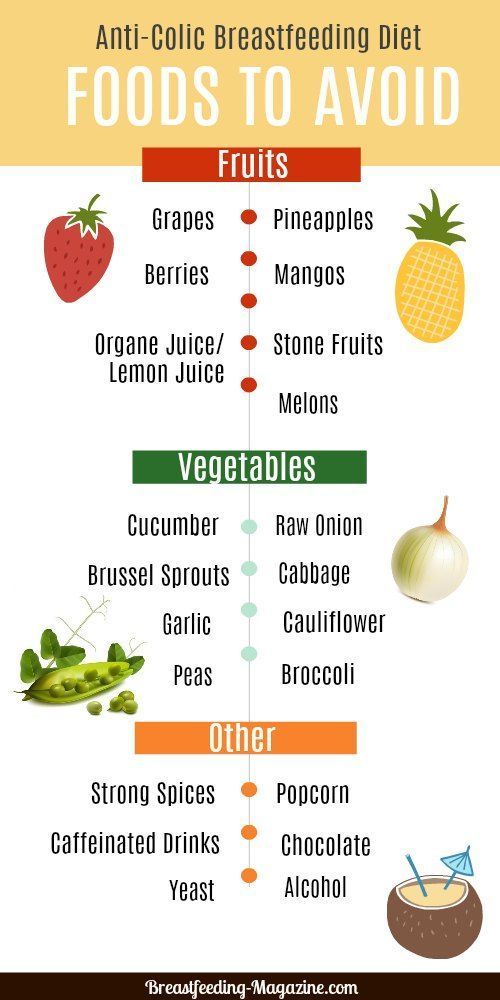
- Weight gain. Extra pounds tend to be deposited first in the abdomen, leaving less space for a normal digestive process. Therefore, even ordinary food can cause a feeling of bloating. Sometimes weight gain is also due to water retention and this has a similar effect.
- Intestinal obstruction. The large and small intestines can be blocked by tumors, scar tissue, strictures, stenoses, or hernias. Inflammatory diseases such as Crohn's disease and diverticulosis can damage parts of the small intestine, creating strictures that narrow it and make it difficult for digestive contents to pass.
3. Hormones
About three out of four women experience bloating before and during their period.
Estrogen causes water retention in the body, so when it rises sharply and progesterone falls, the abdomen becomes distended. In addition, before menstruation, the uterus enlarges.
Often complain of gas formation during hormonal fluctuations in premenopause.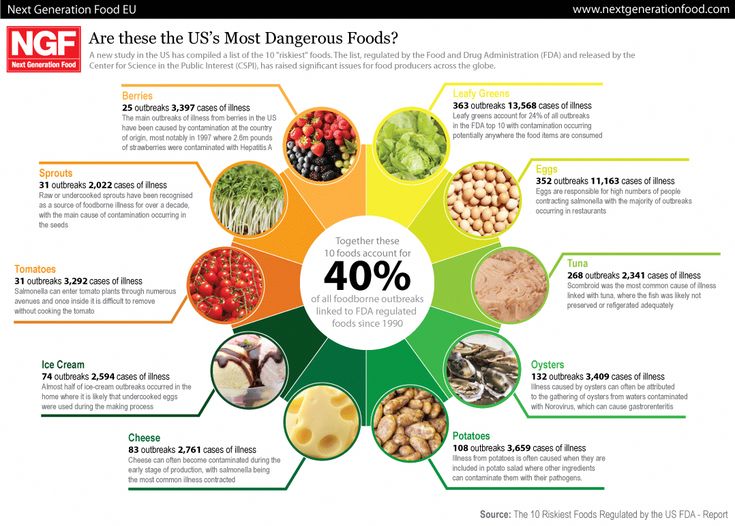
Hormones also affect the digestive system. Estrogen and progesterone provoke gas formation in the intestines, slowing down or accelerating motility. Estrogen receptors in the GI tract also alter visceral sensitivity, resulting in a feeling of bloat.
4. Serious causes
Bloating, which occurs from time to time and is caused by digestion, hormonal factors, or both, is normal. But there may be more serious reasons:
- Ascites is a gradual accumulation of fluid in the abdominal cavity. Usually caused by liver disease and sometimes by kidney or heart failure.
- Pancreatic dysfunction - the pancreas cannot produce enough digestive enzymes.
- Inflammation of the stomach (gastritis) or intestines (enteritis) - usually caused by a bacterial infection (eg H. pylori), alcohol consumption, or associated with a peptic ulcer.
- Cancer (of the ovaries, uterus, colon, pancreas, stomach or mesentery).
5. Aerophagy
This is swallowing too much air. We all swallow it in small doses - this is normal.
We all swallow it in small doses - this is normal.
– Aerophagia causes bloating, gas, or belching. It is provoked by: chewing gum, carbonated drinks, swallowing food too quickly, drinking through a straw, drinking from a water fountain, smoking, explains gastroenterologist Alla Gubina . - Stress can also trigger excessive swallowing of air through the mouth, while a person may not even notice it.
How to prevent bloating?
If increased gas formation is caused by malnutrition, you can get rid of it by adjusting your lifestyle.
- Eat enough fibre. If your diet does not have enough of it, then introduce it gradually so as not to overload your body. At first, fiber will increase gas formation, but then the body will get used to it. It will cleanse the intestines and remove stuck fermenting feces. By eating fiber, you will drink more water and feel full faster. Finally, fiber is a prebiotic that feeds beneficial gut bacteria.
- Avoid processed foods.
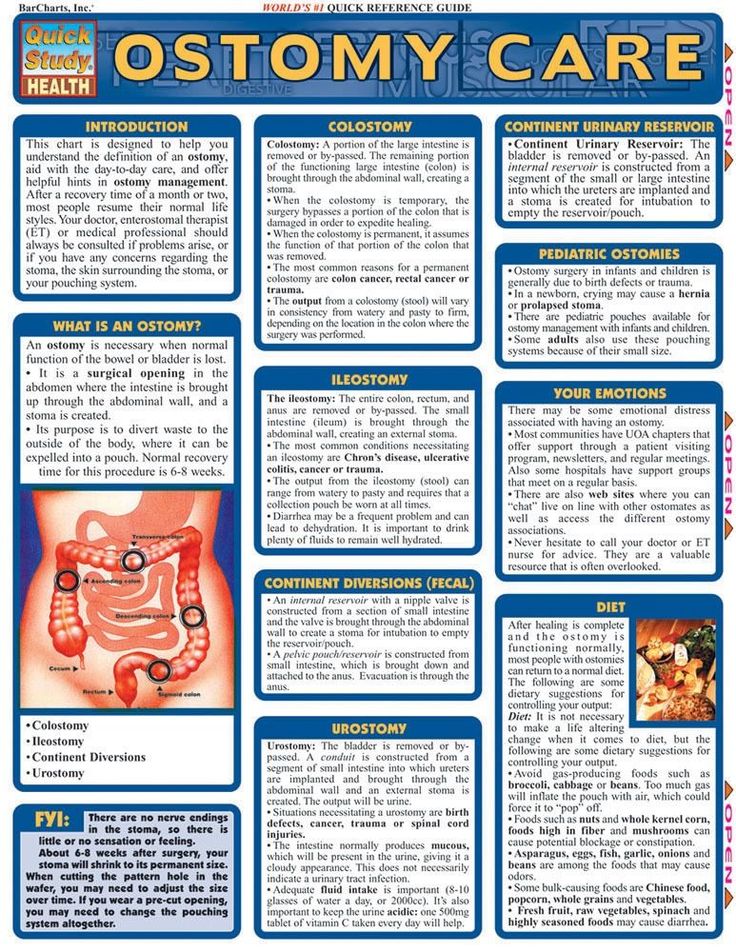 These include semi-finished products, sausages, products exposed to low or high temperatures, containing flavors, preservatives and dyes. Such products contain little fiber, but they are high in salt and fat. Salt causes water retention, and fat slows down the digestion process because it takes longer to digest. All this can lead to constipation and bloating. Such foods contain few nutrients, so you will quickly feel hungry again.
These include semi-finished products, sausages, products exposed to low or high temperatures, containing flavors, preservatives and dyes. Such products contain little fiber, but they are high in salt and fat. Salt causes water retention, and fat slows down the digestion process because it takes longer to digest. All this can lead to constipation and bloating. Such foods contain few nutrients, so you will quickly feel hungry again. - Drink enough water. Water will stimulate the motility of the entire digestive tract and will prevent the food being digested from becoming too hard and dense. In addition, water will help you feel full throughout the day.
- Add movement.
Sports, physical exercises contribute to the removal of water from the body and stimulate the intestines.
If you have an office "sedentary" job, try to take a walk, especially after lunch and dinner.
- Practice mindful eating. Take your time and chew your food thoroughly.
 The feeling of satiety comes later, because it takes some time for the food to reach the stomach. Sit up straight while eating.
The feeling of satiety comes later, because it takes some time for the food to reach the stomach. Sit up straight while eating.
What foods cause gas?
Gas is commonly caused by certain foods and drinks:
- Vegetables - beans, lentils, asparagus, broccoli, Brussels sprouts, white cabbage, onions.
- Fructose is a natural sugar found in all sweet fruits, vegetables and honey.
- Lactose is a natural sugar found in milk.
- Soluble fiber - fruits, oat bran, peas and other foods high in soluble fiber, which is digested in the large intestine.
- Foods rich in starch - corn, pasta, potatoes.
- Sorbitol - found in seaweed, plums, apples, cherries and other starchy fruits. It is especially abundant in dried fruits.
- Whole grains - brown rice, oatmeal and whole wheat.
- Dried fruits.
Also, gas formation can be caused by apple or prune juices, carbonated drinks and spicy, fried or fatty foods.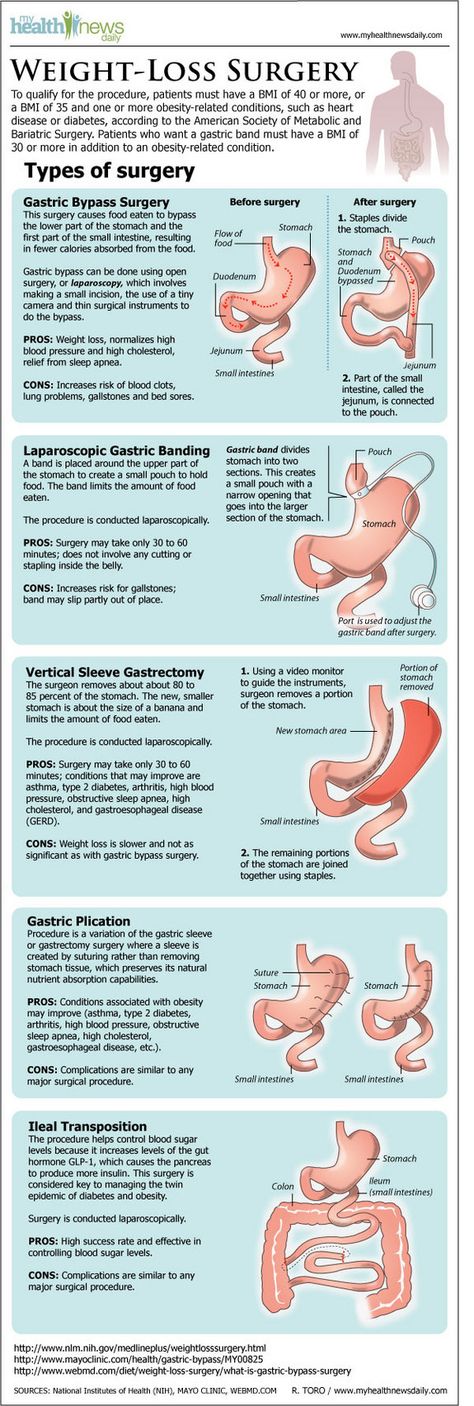
Don't give up, just get used to it!
There are many healthy foods on this list that should not be excluded from the diet. We are all different - someone has a stronger reaction to one product, someone to another. In addition, food sensitivities can change over time: for example, many people have trouble digesting dairy products as they age.
If healthy foods (such as whole grains and vegetables) are causing you gas, cut down on the amount you eat. Then start introducing these foods into your diet, gradually increasing the dosage over several weeks to allow the digestive system to adapt to them.
Foods that cause bloating in children
Common causes of increased gas formation in children are:
- Fried and fatty foods.
- Carbonated drinks.
- Legumes.
- Vegetables: broccoli, Brussels sprouts, white cabbage, cauliflower, cucumbers, green peppers, onions, peas, radishes.
- Fruits: apricots, bananas, melons, peaches, pears, prunes and raw apples.
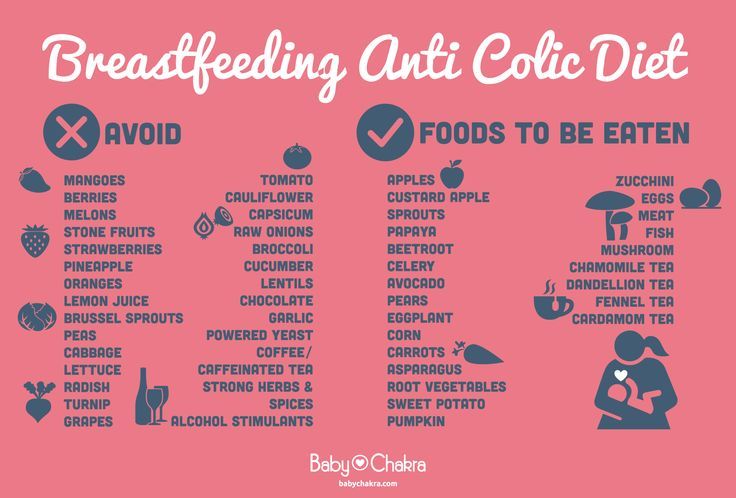
- Wheat and wheat bran.
Keeping a food and symptom log can help determine which foods in a child's diet are causing gas. Then discuss your diet with your pediatrician.
Drinking plenty of water and regular exercise will help reduce the symptoms of bloating in a child.
How to get rid of gas formation?
To fix the problem, you need to establish its true cause. But the following suggestions will help alleviate the condition.
- Diet for bloating should include peppermint or chamomile tea, ginger, turmeric, anise, fennel, cumin, coriander. These herbs and spices help reduce gas. And dandelion tea promotes the removal of water.
- Peppermint Oil Capsules are a natural antispasmodic and effective for constipation - helping the bowel muscles to relax.
- Antacids relieve inflammation in the digestive tract and help to expel gases more easily. Antacids often include the active ingredient simethicone, which groups smaller bubbles of gas together.


 Knowing the products that cause flatulence helps to correct the situation. We have compiled a list of such foods and tips on how to use them correctly to reduce unwanted symptoms.
Knowing the products that cause flatulence helps to correct the situation. We have compiled a list of such foods and tips on how to use them correctly to reduce unwanted symptoms. 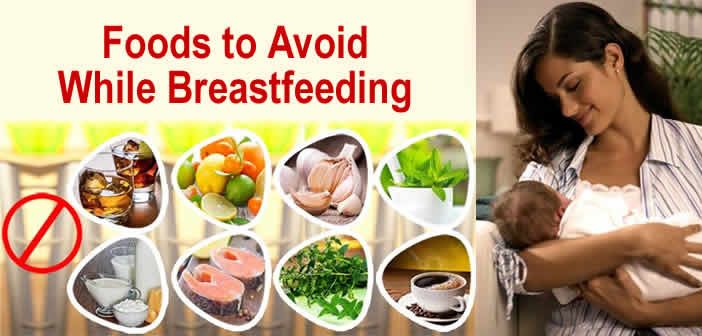 For this reason, gases can smell like rotten eggs or cabbage.
For this reason, gases can smell like rotten eggs or cabbage. 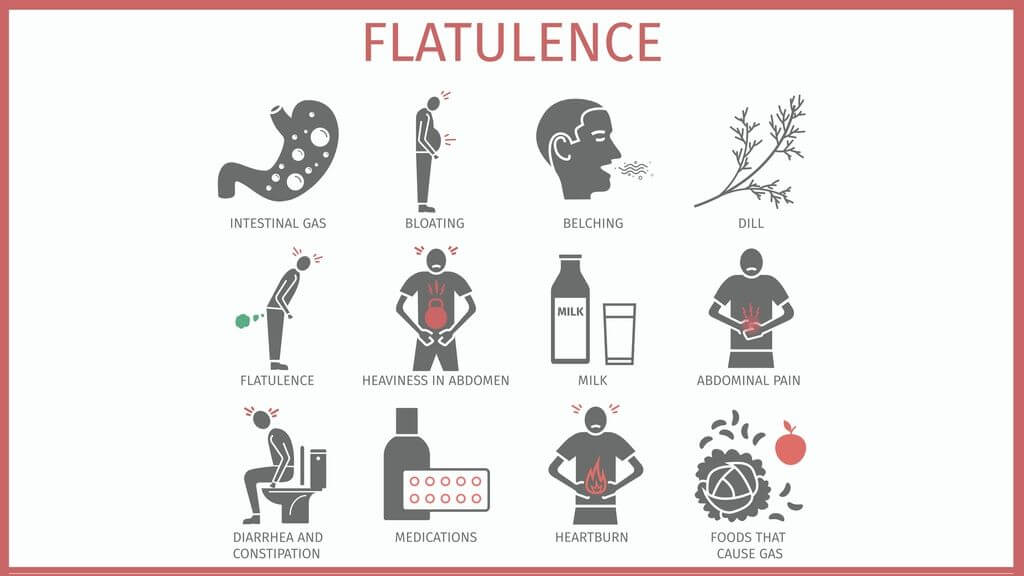 But with regular use of these products, the side effect becomes less pronounced. That is why when switching to veganism or vegetarianism, bloating and increased gas formation are often observed.
But with regular use of these products, the side effect becomes less pronounced. That is why when switching to veganism or vegetarianism, bloating and increased gas formation are often observed.  In the future, these substances can turn into hydrogen sulfide, due to which the gases acquire an unpleasant odor.
In the future, these substances can turn into hydrogen sulfide, due to which the gases acquire an unpleasant odor. 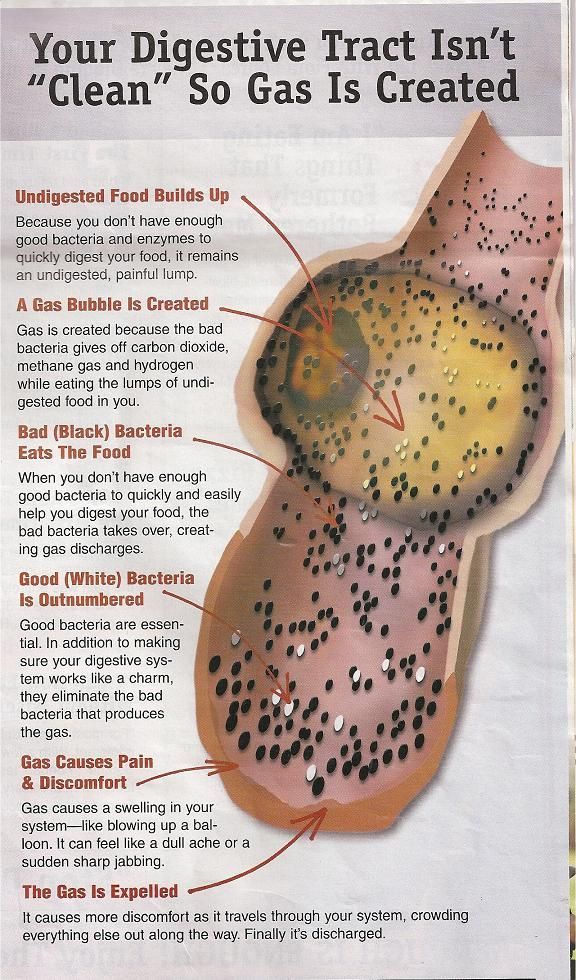 Lactose is a sugar found in milk, and the enzyme lactase is responsible for its breakdown.
Lactose is a sugar found in milk, and the enzyme lactase is responsible for its breakdown. 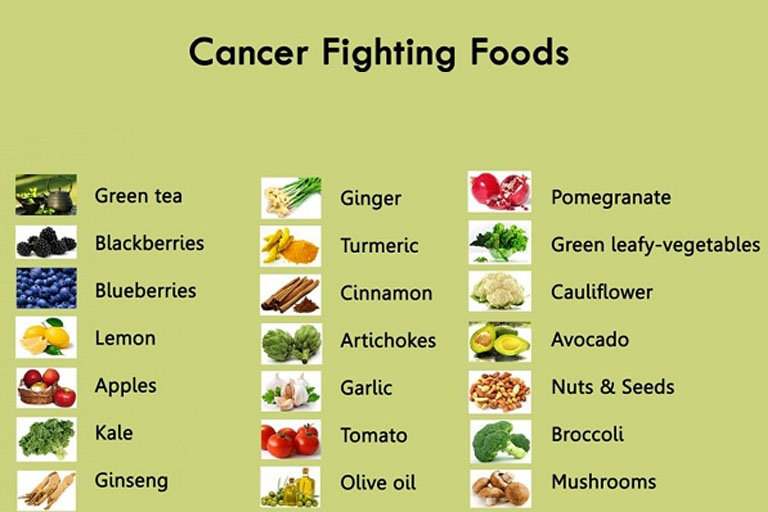 If gluten enters the gastrointestinal tract of a person with celiac disease, it causes an autoimmune reaction that is accompanied by bloating and pain in the abdomen, as well as diarrhea.
If gluten enters the gastrointestinal tract of a person with celiac disease, it causes an autoimmune reaction that is accompanied by bloating and pain in the abdomen, as well as diarrhea. 